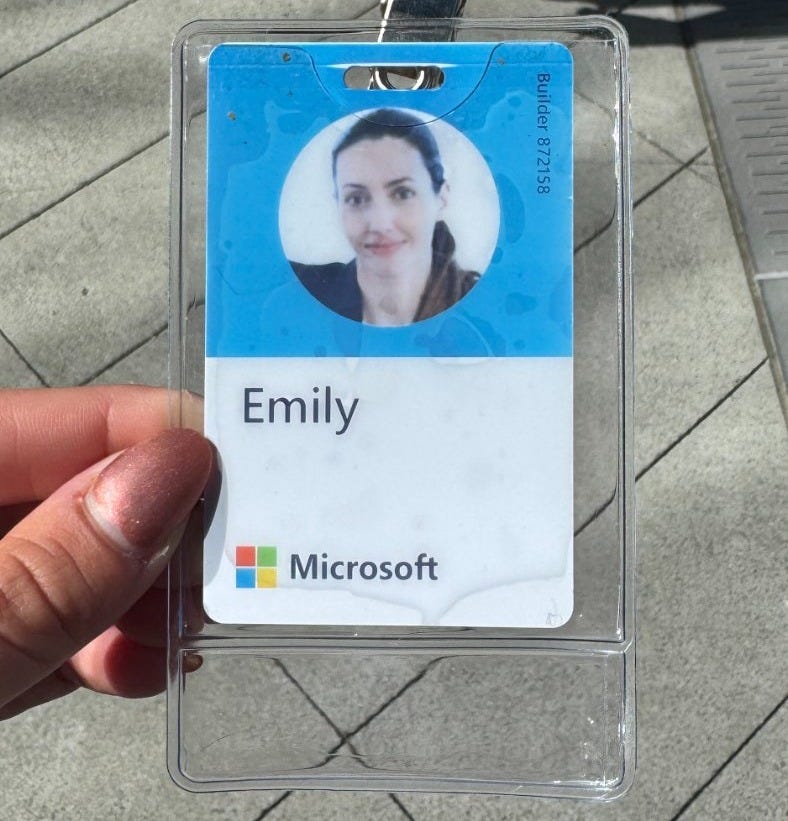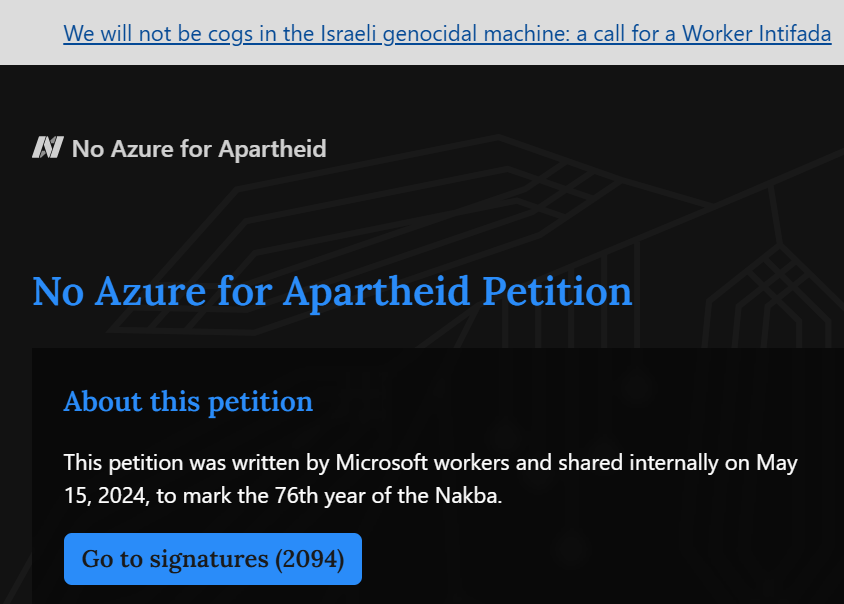Microsoft Fires Two Employees Who Broke Into Executive Office During Anti-Israel Protest
Two software engineers were fired following a break-in at the President's office, highlighting growing concerns over hiring candidates with a history of anti-Israel activism

Anna Hattle and Riki Fameli were fired following their role in a demonstration on August 26, where activists affiliated with the "No Azure for Apartheid" campaign broke into company president Brad Smith's workspace at Microsoft's Washington state headquarters. The group demanded Microsoft sever business relationships with Israel over concerns the company's cloud services are aiding the Israeli military.
A Series of Confrontations With Microsoft
According to Microsoft President Brad Smith's account, demonstrators implemented surveillance tactics by placing listening devices throughout his office space. They also physically prevented other employees from accessing work areas, requiring law enforcement intervention for removal.

Hattle, who was also arrested previously at a UW Engineering building takeover and at the Microsoft encampment, spoke at a previous demonstration before a banner glorifying Palestinian "martyrs," which anti-Israel activists often use euphemistically as a stand-in for “terrorists.” She articulated a vision where frontline workers rather than management should determine corporate policy decisions, with her rhetoric escalating to accusations of corporate complicity in "murder" and demands for financial reparations. Hattle’s name appeared on a list of Microsoft employees who were arrested.
At a previous demonstration, Microsoft identified fake employee identification cards used by external activists, suggesting a coordinated effort that extended beyond spontaneous workplace expression into organized disruption.

Previous Activist Involvement
The terminated employees had documented histories of anti-Israel activism prior to the office break-in. Riki Fameli's name appears to have been featured on a May 2021 statement signed by Brown University students and faculty members, titled "Letter in Solidarity with the Palestinian Liberation Struggle." The letter called on readers to "join us in upholding the Palestinian resistance and sumud against Israeli settler-colonialism, occupation, apartheid and the general negation of Palestinian life."
Both Hattle and Fameli also signed an internal Microsoft petition called "No Azure for Apartheid Petition," which was circulated among company workers on May 15, 2024.

Implications for Employers and Activists
The Microsoft firings highlight that workplace activism is no longer cost-free. With digital footprints—petitions, protest footage, signed letters—nearly impossible to erase, companies are increasingly factoring political activity into hiring and retention.
For activists, the lesson is clear: actions taken in the name of “resistance” can follow them well beyond a single protest, closing career doors and cementing reputations. Treating the office as a staging ground for extreme activism and even criminal behavior is a gamble—one with consequences that are becoming harder to ignore.



They broke into the bosses office to bug it as well as causing other disturbances which seems to be the reason for termination not their political views. Breaking into an executive office to gather info (the bugging) could fall under corporate espionage, they are lucky they were only fired.
However what happens if the said employees who were fired sue the company for that action.
I have no idea on what basis but could be that they were fired for protected action.